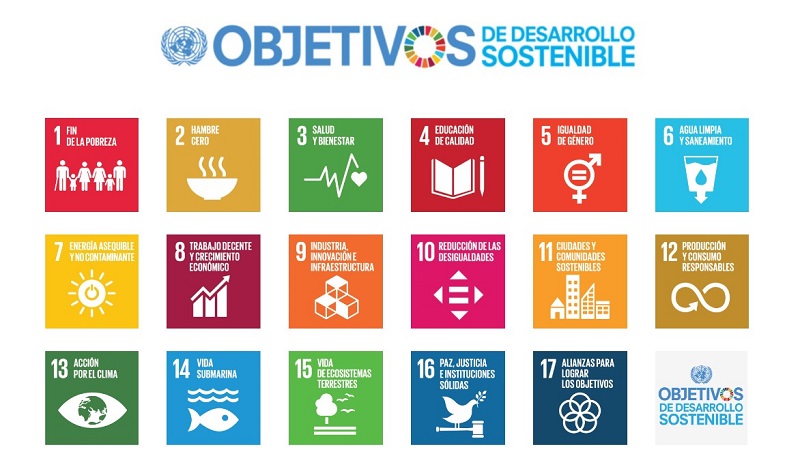
Sustainability and Work Road Safety
In general, companies do not usually associate the importance in their sustainability or non-financial reports to Training in Workplace Road Safety, known by its acronym as SVL. However, most medium and large companies are migrating towards a management model under ESG (Environmental, Social and Governance) parameters, or ASG, (in Spanish Ambiente, Social y Governanza).
SVL training can provide great achievements to report in the Social section of ESG, and its returns can be measured using the Socially Responsible Investment (SRI) model, with the SROI method (Social Return On Investment), which provides important economic, direct and indirect, marketing, image and reputational benefits.
Awareness in companies and their management bodies regarding the safety and health of workers has experienced growing relevance in recent years. Similarly, there is a greater awareness of the need to observe the 17 Sustainable Development Goals (SDGs) of the UN also known as Agenda 2030, and global goals designed to address a wide range of challenges and improve the quality of life around the world.

HTMLTAG48HTMLTAG50___Specifically, SDG 3 Health and Wellbeing, seeks to “ensure healthy lives and promote well-being for all at all ages”. On the other hand, SDG 11 Sustainable Cities and Communities searches for “inclusive, safe, resilient and sustainable cities and human settlements”.
HTMLTAG68___Specifically the goal 3.6 reflected the objective “reduce by half the number of deaths and injuries caused by traffic accidents in the world for 2020.” This commitment of the UN to road safety in the world has been updated with the proclamation of the period 2021-2030 as Second Decade of Action for Road Safety, with the objective of reducing deaths and injuries caused by traffic accidents at least in 50% during this period. For this purpose, WHO has published the Global Plan for the Decade of Action for Road Safety 2021-2030
Aligned with these objectives, different organizations such as the National Institute of Safety and Health at Work (INSST), the General Directorate of Traffic (DGT) and the Labor and Social Security Inspection (ITSS) highlight the importance of training in what is called Working Road Safety (SVL) and provide updated information on risk factors standard model for the management and integration of the Safe and sustainable mobility plan in the company promoting the active participation of employers, workers and representatives.Risk factors to take into account to prevent road accidents include:
-
Human factor: driver or pedestrian.
-
Vehicle factor: car, motorcycle, van, scooter, truck, bus, etc.
-
Road/environment factor where we circulate.
-
Working conditions factor depending on the task or position.
As published by Randstad, a leading company in the human resources sector in its latest report on absenteeism from work in Spain for 2023, taking into account the number of employed people according to the Active Population Survey (EPA) and the figures of absenteeism obtained, it can be estimated that, on average, every day 995,626 people were absent from their workplace due to common and professional contingencies.
In Spain, in addition to accidents during the working day, accidents en route to the workplace called in itinere, are considered work accidents. These accidents are recognized and covered by Social Security and are considered part of the workplace accident legislation in the country. An accident in itinere occurs when a person suffers an accident during the round trip between their place of residence and their place of work.
Considering occupational road safety and closed data for the year 2022, 73,522 work-related traffic accidents occurred in Spain (within the working day+ in itinere), representing 11.3% of the total accidents of work. Of the total, 68.7% were accidents in itinere.
In conclusion, dedicating resources to training in general, and specifically to training in Road Safety at work, should not be considered an expense, but an investment, and thus consider it an intangible asset that can generate returns and benefits both direct in absenteeism figures and indirect for your business plans. sustainability.
Gustavo Durán San Román
(Champions For Safety Program Coordinator www.champions forsafety.com Led by Carlos Sainz and Infova Automoción, Graduated from WGU of Texas in Business Sciences and certified by Bureau Veritas Business School as Internal Auditor of UNE ISO 39001:2013 Safety Management Systems Road.)

